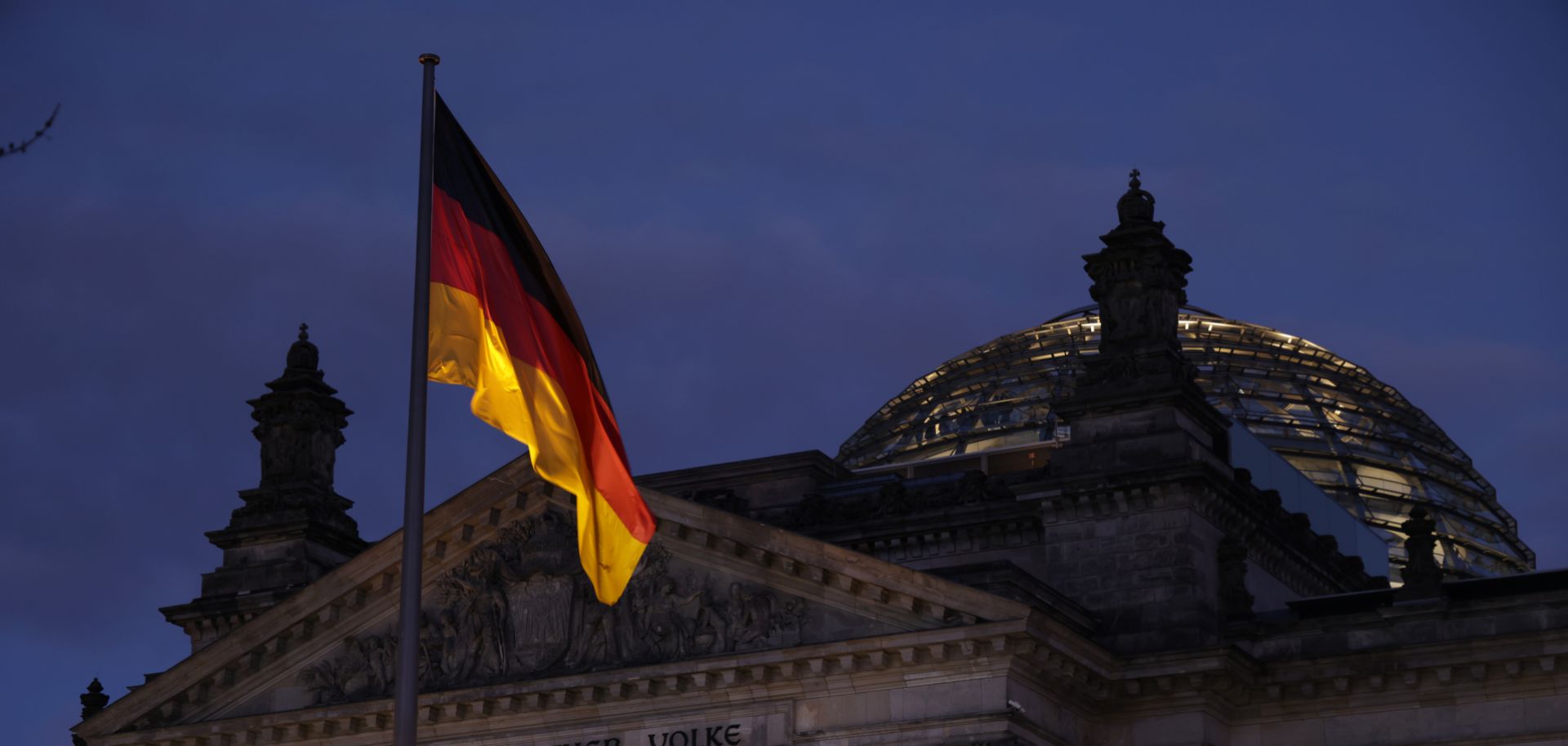Germany's coalition government is unlikely to collapse in 2023, but a combination of economic challenges and electoral tests will create new internal tensions that could lead to incongruent policymaking. Germany's first-ever, three-way ruling coalition has survived an especially tumultuous first year in power, despite internal ideological differences and the immense external challenges brought on by Russia's shock invasion of Ukraine, which happened less than three months after the alliance took office on Dec. 8, 2021. Over the past year, the ideological diversity of the ruling bloc's three partners -- the center-left Social Democratic Party (SPD), the environmentalist Greens and the pro-business Free Democratic Party (FDP) -- led to difficulties in the coalition finding common ground and managing the competing policy priorities of its constituent parties. But most importantly, the government's first year in power was almost entirely shaped by the Ukraine conflict and, in particular, the subsequent energy and inflation...

